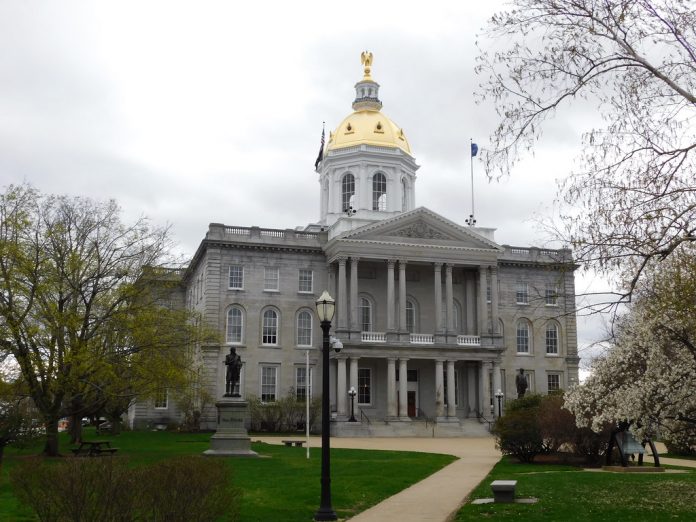(The Center Square) – New Hampshire sent more money to cities and towns from its meals and rental taxes this year despite cuts in how much the state collects.
A two-year, $13.5 billion budget signed by Gov. Chris Sununu in June cut the state’s rooms and meals tax from 9% to 8.5 % – the lowest level in more than a decade.
But the state has also increased the amount of revenue from the taxes that it diverts to local governments under revenue sharing agreements. By the end of the year, the state had provided more than $100 million for meals and rental taxes to cities and towns, a roughly 45% increase over the previous fiscal year.
“We cut the rooms and meals tax to its lowest level in over a decade and yet we still sent even more money back to cities and towns,” the Republican said in a statement. “Instead of downshifting costs, we downshifted cash, giving cities and towns extra flexibility — a win for our citizens.”
Senate President Chuck Morse, R-Salem, said the state’s Republican leadership remains “committed” to further reducing taxes to ease the financial burden on residents as the pandemic drags on..
“It puts more money in working families’ pockets, makes living in New Hampshire more affordable and tells businesses that New Hampshire is the place they should set up shop,” Morse said. “The additional $32 million being sent back to our cities and towns will make a real difference, especially when it comes to helping to lower local property tax rates.”
The cut to the meals and rental taxes, which went into effect in October, was part of a buffet of tax cuts approved by the Republican-controlled legislature as part of the budget. They included a reduction of the business enterprise tax from 0.6% to 0.55% and a lowering the threshold to pay business taxes, which means fewer businesses will be paying the levy.
Democrats argued the spending package ignored the state’s neediest populations while including tax cuts that will help wealthy citizens and corporations.
Despite those concerns, the reduction in the meals and rental taxes has coincided with increased spending by consumers on bars, restaurants and lodging.
Year-to-date meals and rental tax collections were up by 39.2% over initial estimates in November, according to the state Department of Administrative Services’ latest monthly revenue report.
Collectively, meals and rental taxes for November were $28.4 million, which was about $8 million above projections and $100,000 lower than the previous year.
Overall, New Hampshire’s tax receipts for November totaled $131.9 million, which is about $27 million above the projections for the state’s two-year budget.
Originally published by The Center Square. Republished with permission.











